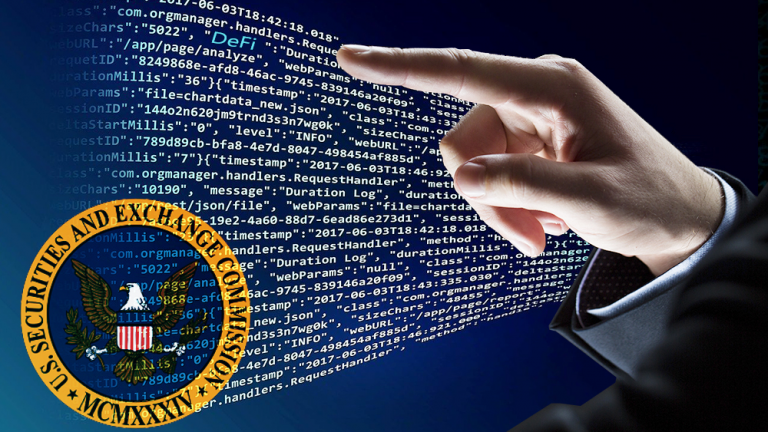
In a significant development in the ongoing legal tussle between the U.S. Securities and Exchange Commission (SEC) and the Tron Foundation, a New York judge has ruled against the SEC’s efforts to limit Tron’s defense arguments. This decision marks a pivotal moment in the case, which has been closely watched by the cryptocurrency community and legal experts alike.
The case centers around the SEC’s allegations that the Tron Foundation, along with its founder Justin Sun, engaged in the sale of unregistered securities. The SEC’s approach to this case has been to apply the Howey Test, a legal standard used to determine whether certain transactions qualify as investment contracts and therefore, securities. The crux of the SEC’s argument is that the sale of TRX and BTT tokens met the “common enterprise” prong of the Howey Test, which Tron’s legal team has contested.
In a recent move, the SEC sought to force a pre-trial conference and require Tron to file an additional response, aiming to prevent Tron from using certain defense arguments. However, Judge Edgardo Ramos of the U.S. District Court for the Southern District of New York denied the SEC’s request, allowing Tron to proceed with its planned defense strategy.
Tekedia Mini-MBA edition 16 (Feb 10 – May 3, 2025) opens registrations; register today for early bird discounts.
Tekedia AI in Business Masterclass opens registrations here.
Join Tekedia Capital Syndicate and invest in Africa’s finest startups here.
One of the key aspects of this case is the application of the Howey Test, specifically the “common enterprise” prong, which is used to determine whether a transaction involves a security. The judge’s decision to allow Tron to present its full defense without restrictions could encourage other crypto entities facing similar lawsuits to adopt a more assertive stance in court.
Furthermore, if Tron ultimately prevails, it could challenge the SEC’s current approach to classifying tokens as securities, potentially leading to a reevaluation of the regulatory framework for digital assets. This could result in a more defined and perhaps more favorable environment for the operation and innovation of cryptocurrencies.
However, it’s important to note that the legal landscape is complex, and each case has its own unique factors. The implications of this ruling will unfold over time and will likely be shaped by the outcomes of subsequent cases and the evolving stance of regulatory bodies.
This ruling is not just a procedural win for Tron; it also sets a precedent for how defenses can be structured in cases involving cryptocurrency and securities law. By upholding the right for Tron to present its full argument, the court has reinforced the principle of a fair trial, a cornerstone of the U.S. legal system.
The outcome of this case could have far-reaching implications for the cryptocurrency industry, particularly in how tokens are classified and regulated. If Tron succeeds in its defense, it may lead to a reevaluation of the SEC’s criteria for determining what constitutes a security in the context of digital assets.
As the case progresses, all eyes will be on the Southern District of New York, where the future of cryptocurrency regulation may well be shaped. For now, Tron’s legal team can prepare for the next phase of the battle, bolstered by a judicial system that has affirmed their right to a comprehensive defense.



